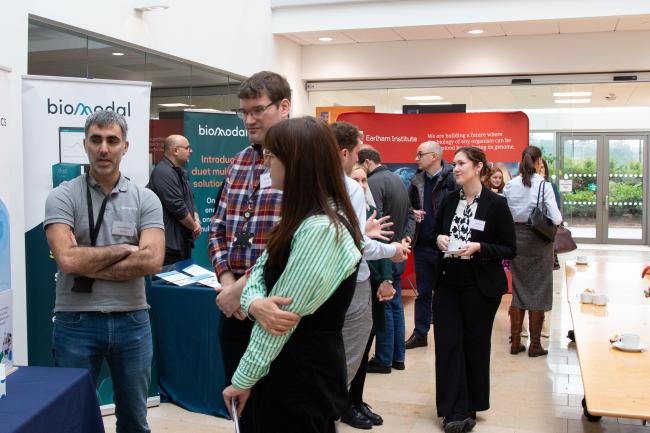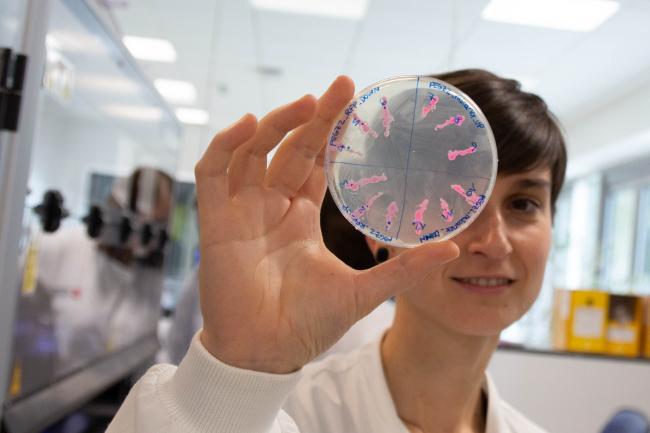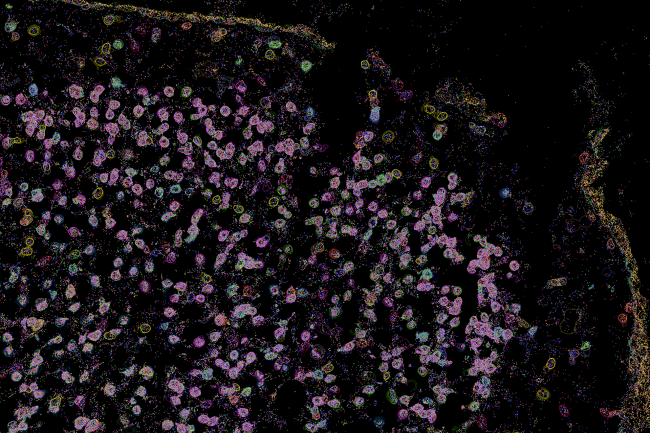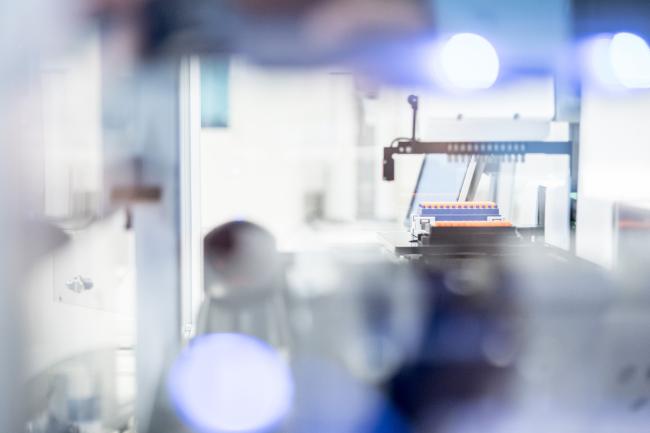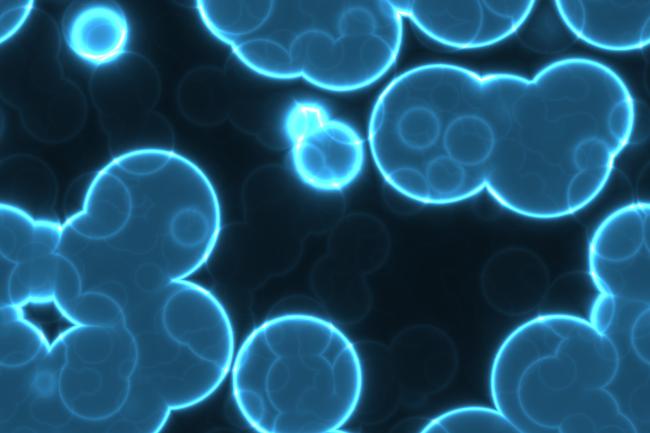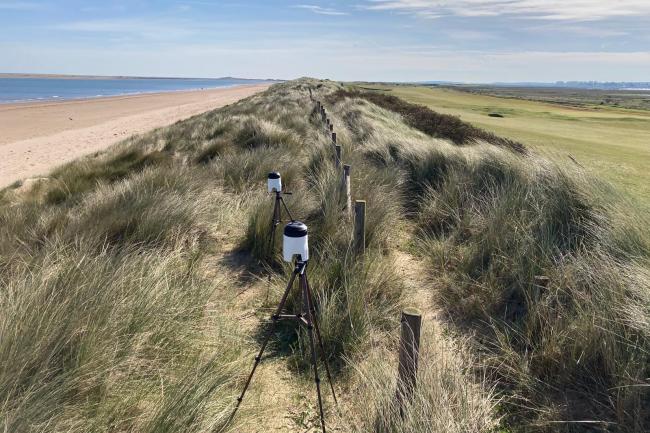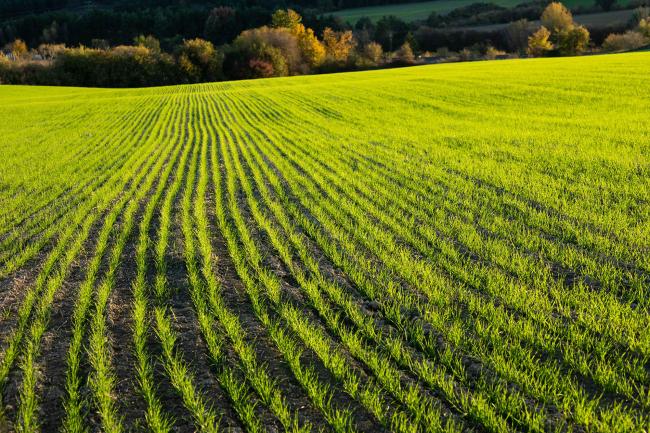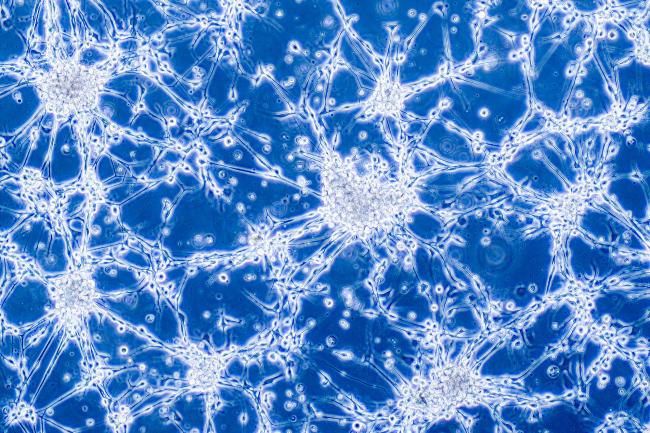Anthony Etuk
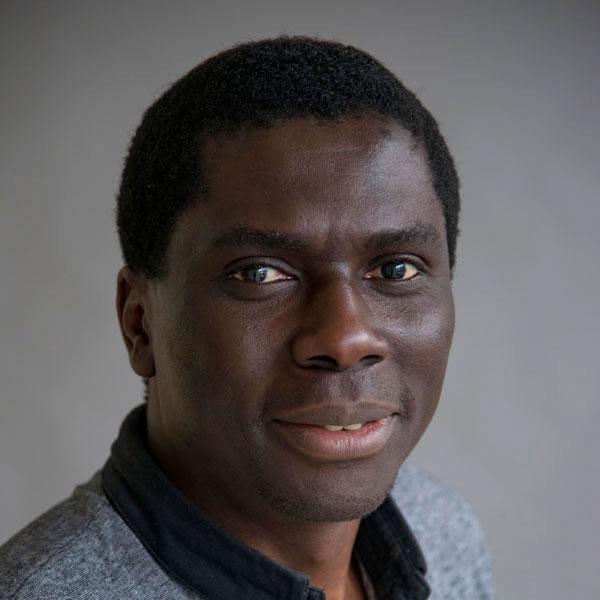


Anthony Etuk (Toni) joined the Earlham Institute in February 2015 as a Research Software Engineer on the Collaborative Open Plant Omics' (COPO) project, a platform for plant scientists to describe, deposit and retrieve data more easily.
Toni completed his PhD in Computer Science at the University of Aberdeen. His area of interest was multi-agent systems, with a focus on computational models of trust and reputation. In particular, he investigated how these techniques could be inexpensively applied to support decision-making in distributed environments, such as crowdsourcing, peer-to-peer networks, pervasive computing, and sensor networks. He continues to explore these techniques, and a number of techniques from Machine Learning and statistics, in contexts of Open Science and Bioinformatics.
Toni has industry experience, working as a Programmer, Web/Database developer, and Customer Relationship Management (CRM) analyst/developer. In academia, he has worked as a Graduate/Teaching assistant.



